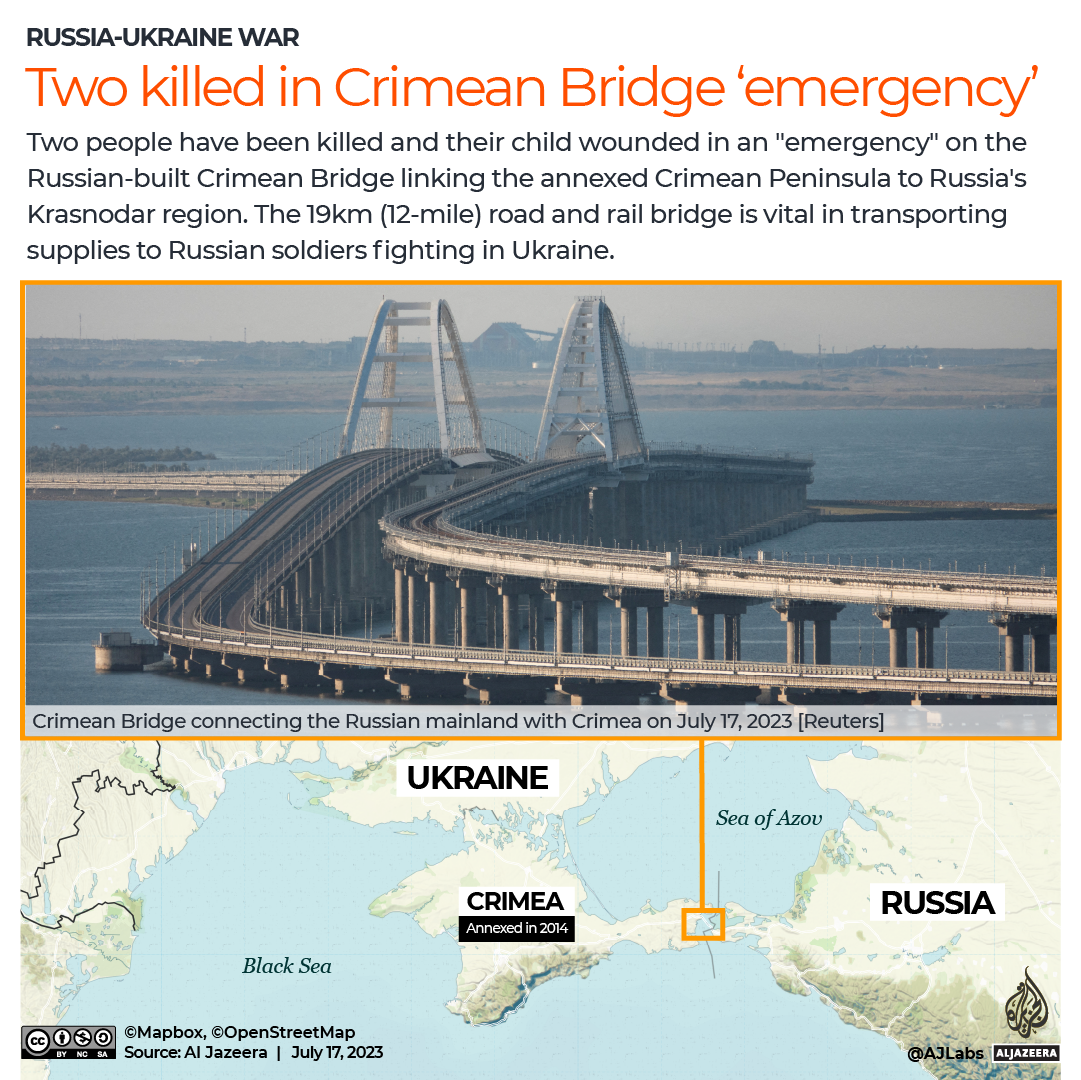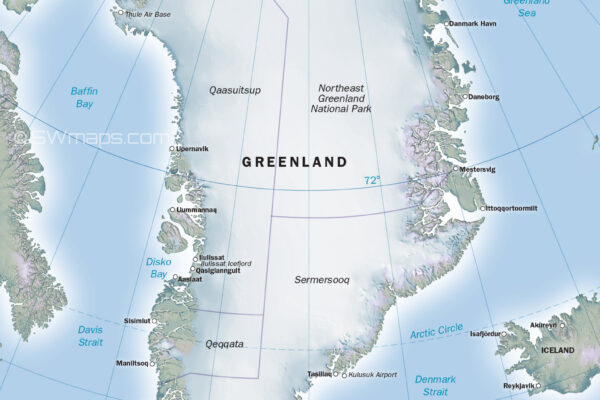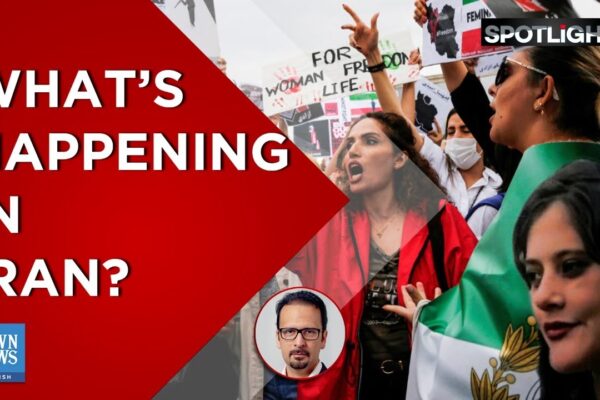
The Importance of Crimea in Global Politics
Crimea, a peninsula located on the northern coast of the Black Sea, has been at the centre of geopolitical tensions since Russia’s annexation in 2014. The situation in Crimea remains a significant point of concern for international relations, particularly involving NATO, the European Union, and Ukraine. The implications of ongoing conflicts and military build-ups present critical issues that affect regional stability and global security.
Recent Developments in Crimea
As of late 2023, tensions in Crimea have escalated, with recent reports indicating increased military activity. In early September, the Ukrainian military launched drone strikes targeting Russian military installations on the peninsula. According to sources from the Ukrainian Defence Ministry, these operations aimed to disrupt supply routes used by Russian forces. In response, Russia has fortified its military presence in Crimea, including deploying additional troops and advanced missile systems.
Moreover, the Ukrainian government’s policy appears resolute, with officials emphasizing a commitment to reclaiming Crimea. President Volodymyr Zelensky has reiterated that Crimea is integral to Ukraine’s sovereignty, asserting that peace in the region can only be achieved with the peninsula’s return under Ukrainian control. This escalatory rhetoric suggests hardening positions that may lead to further confrontations.
International Reactions
The international community continues to respond to the ongoing situation in Crimea with a mix of diplomatic efforts and sanctions. The United Nations has maintained a stance against the annexation, calling for the restoration of Ukrainian sovereignty over the region. Western nations, including the United States and members of the European Union, have imposed sanctions targeting Russian officials and businesses connected to the Crimean operations.
However, there are concerns regarding the long-term implications of these actions. Analysts suggest that the conflict may become entrenched, with no easy resolution in sight. The potential for a broader military engagement raises alarms about the security of Europe, prompting NATO to increase its military presence in Eastern Europe as a deterrent measure.
Conclusion: The Implications for the Future
The situation in Crimea remains precarious, with both Ukraine and Russia entrenched in their positions. The ongoing military developments indicate that without significant diplomatic breakthroughs, the peninsula could remain a flashpoint for conflict. As the international community watches closely, the stakes in Crimea extend beyond the regional realm, impacting global political dynamics and security protocols.
Readers should remain informed on these unfolding events, as developments in Crimea could shape not just Eastern European stability, but also the broader implications for international relations in the years to come.
You may also like

Understanding the Significance of the Greenland Map

Current Events: What’s Happening in Iran
